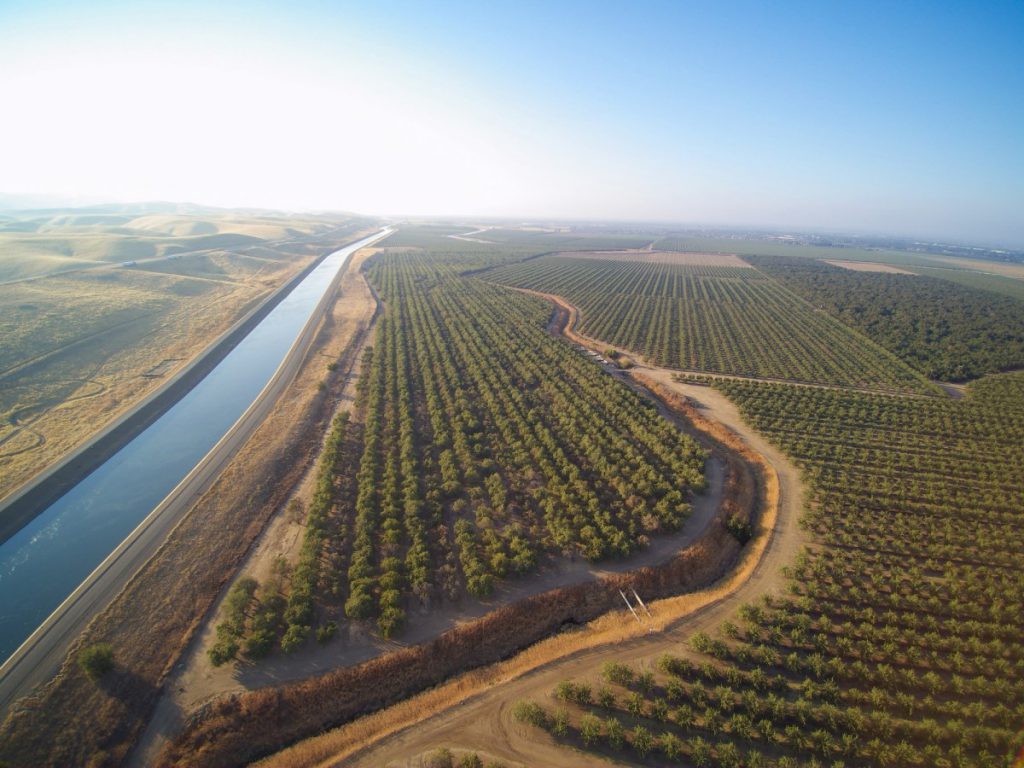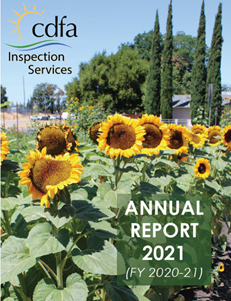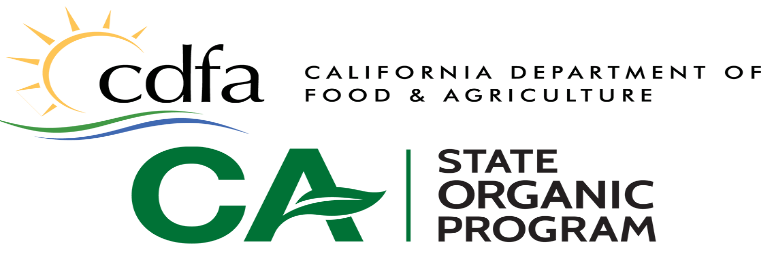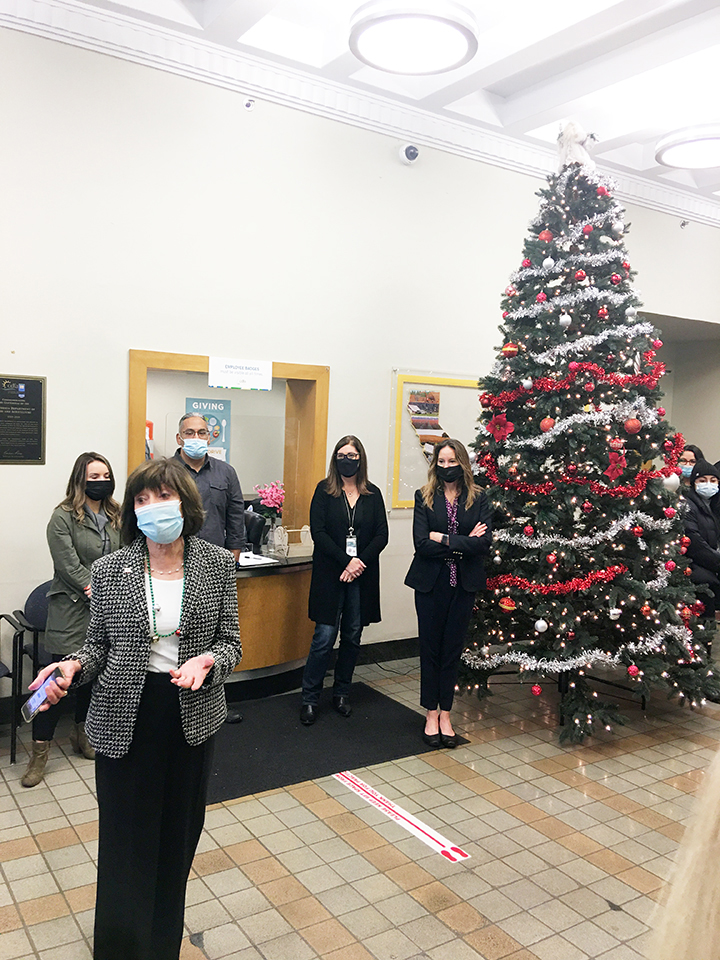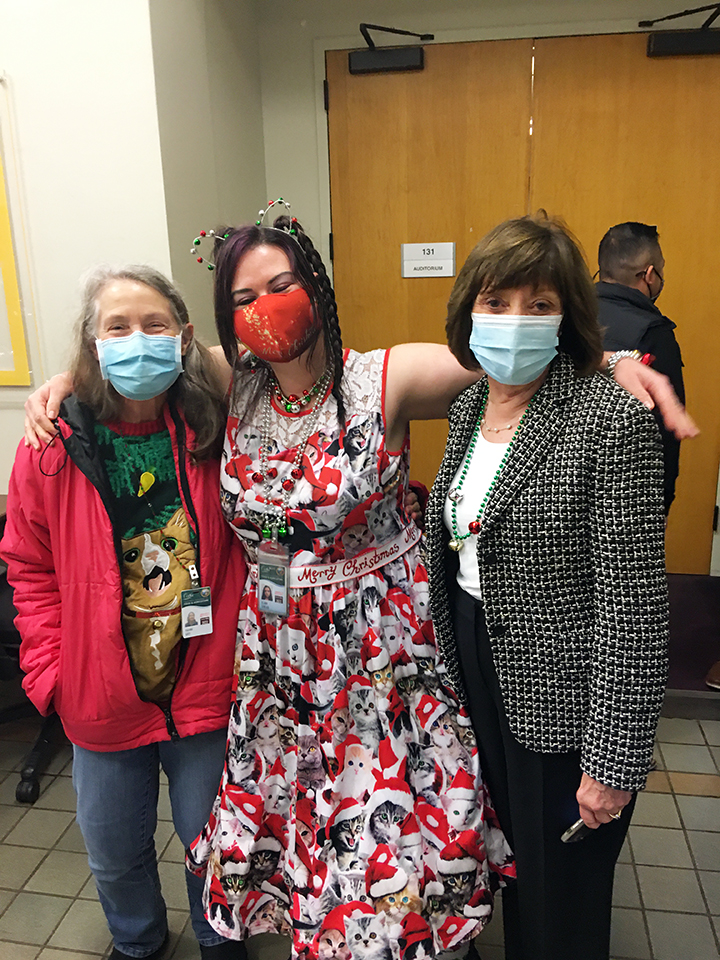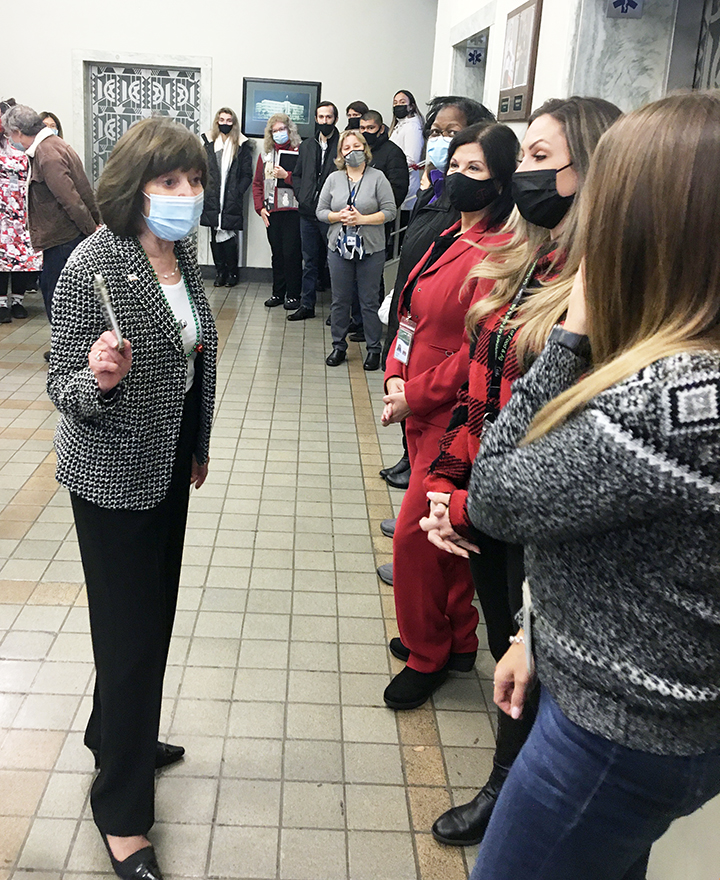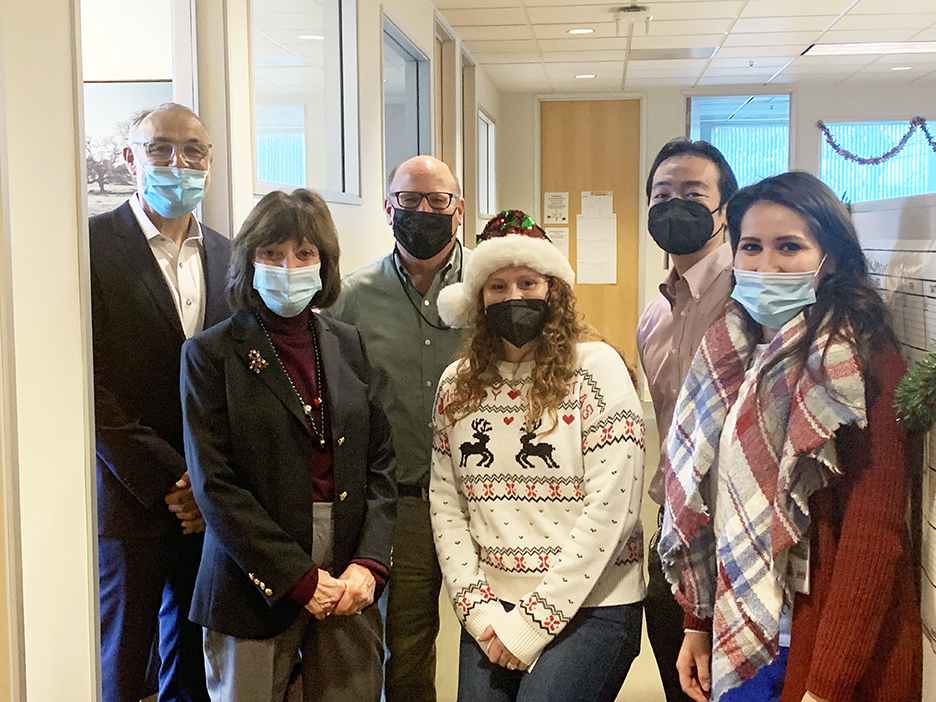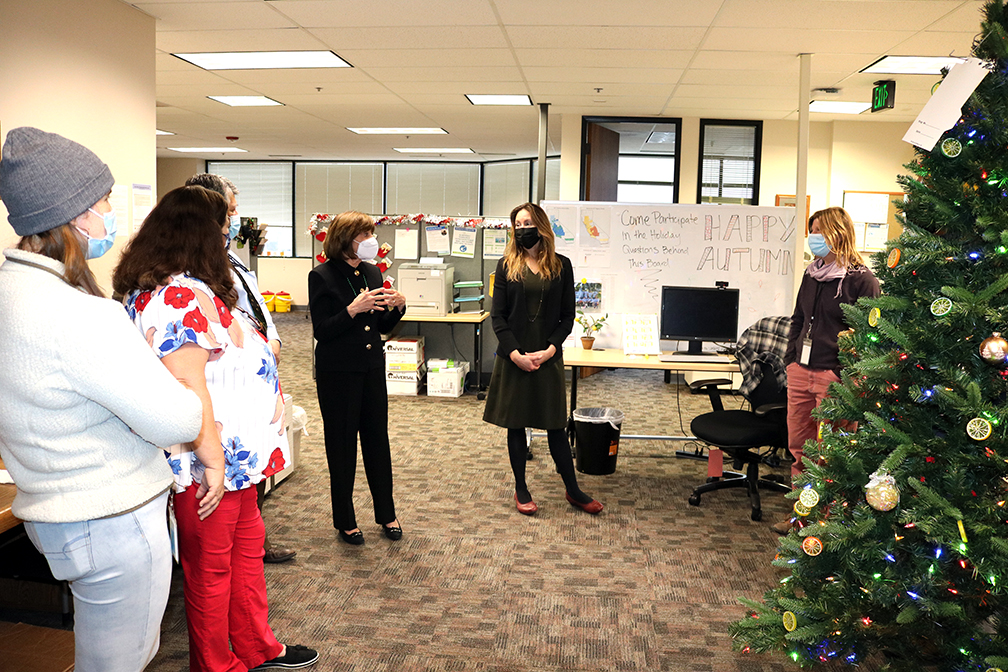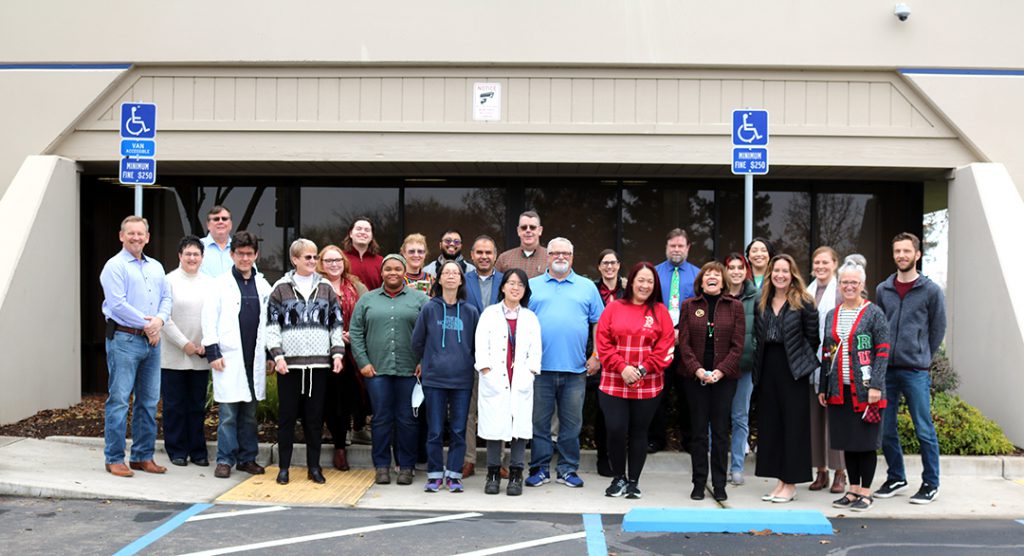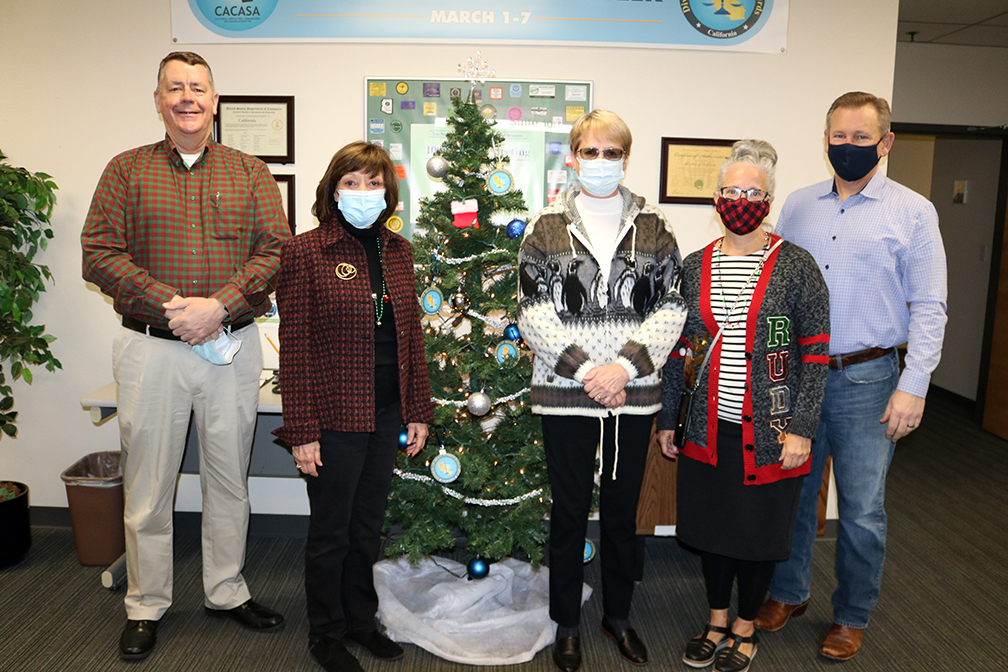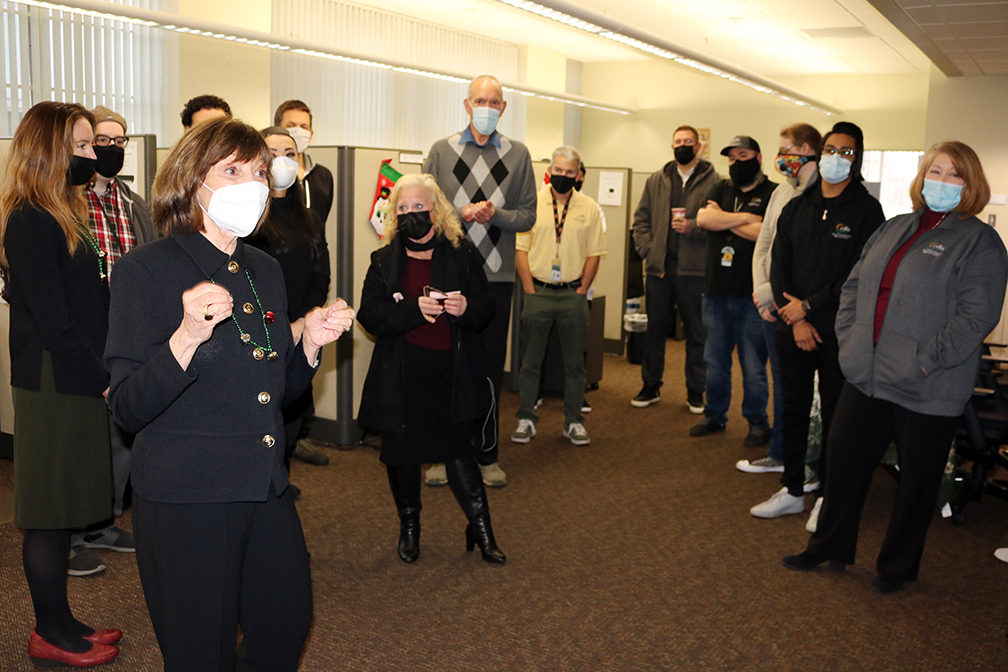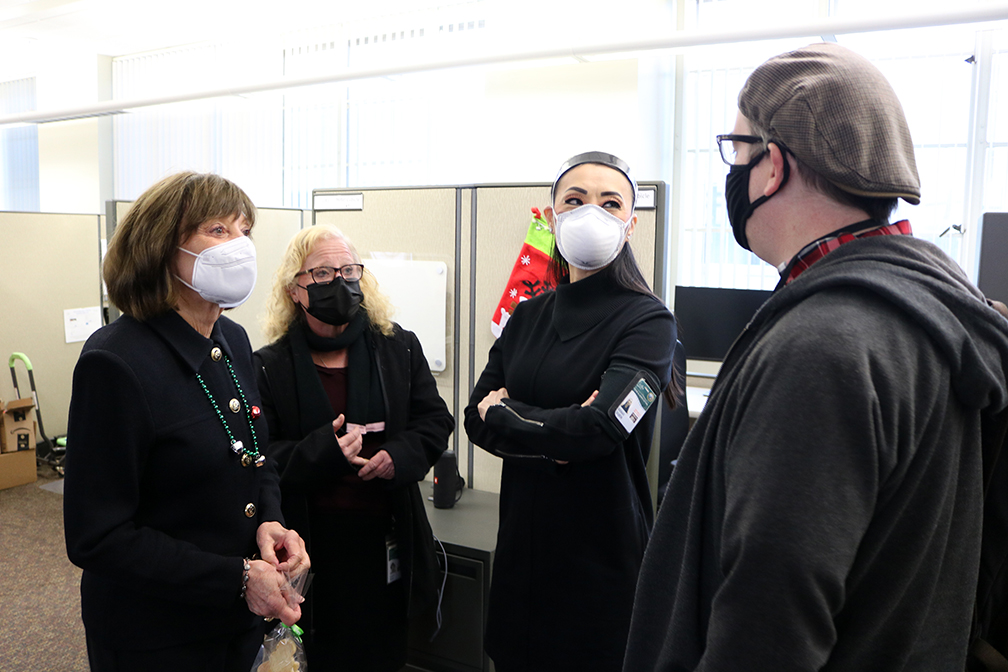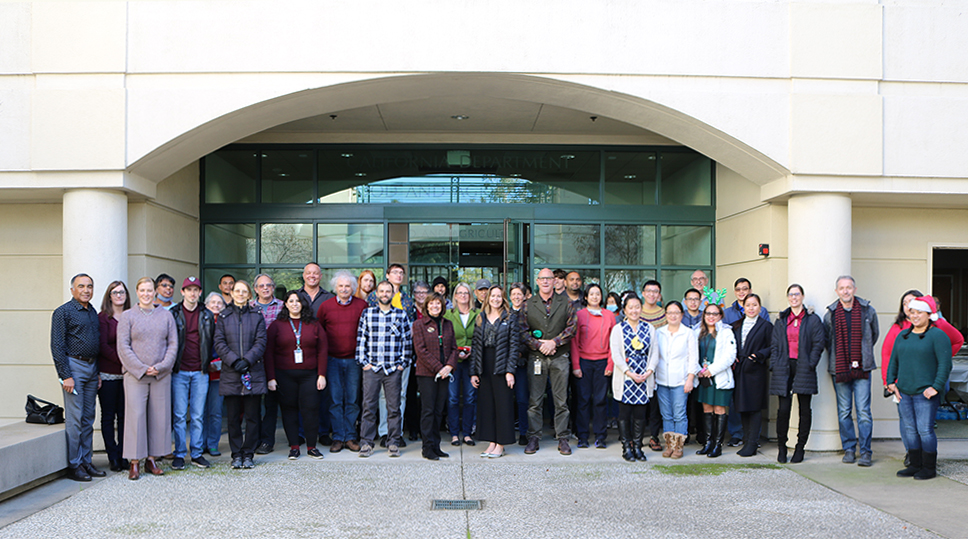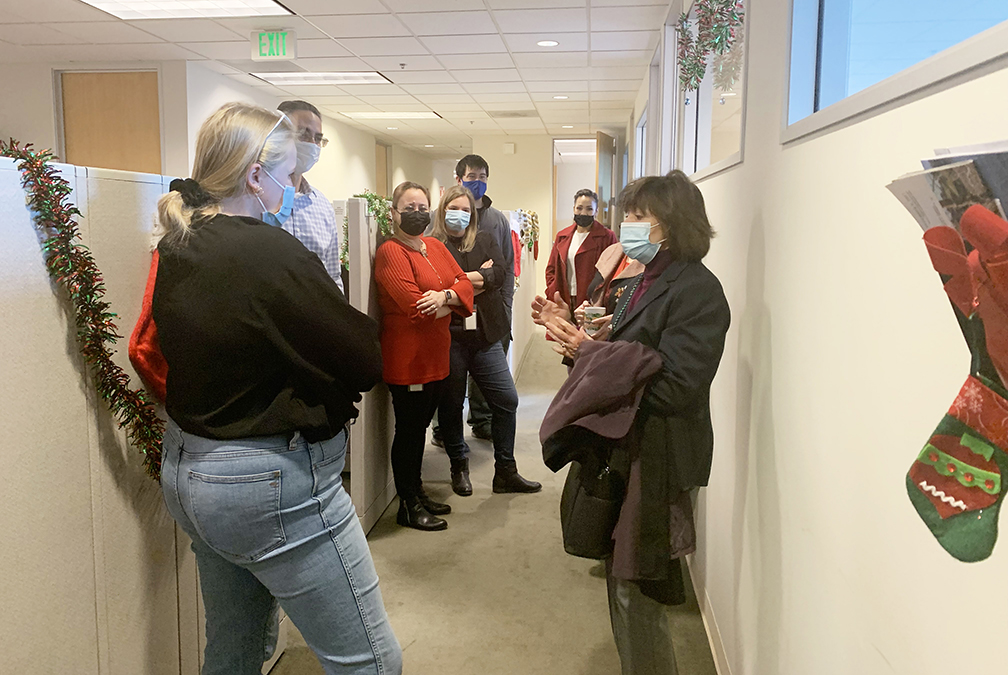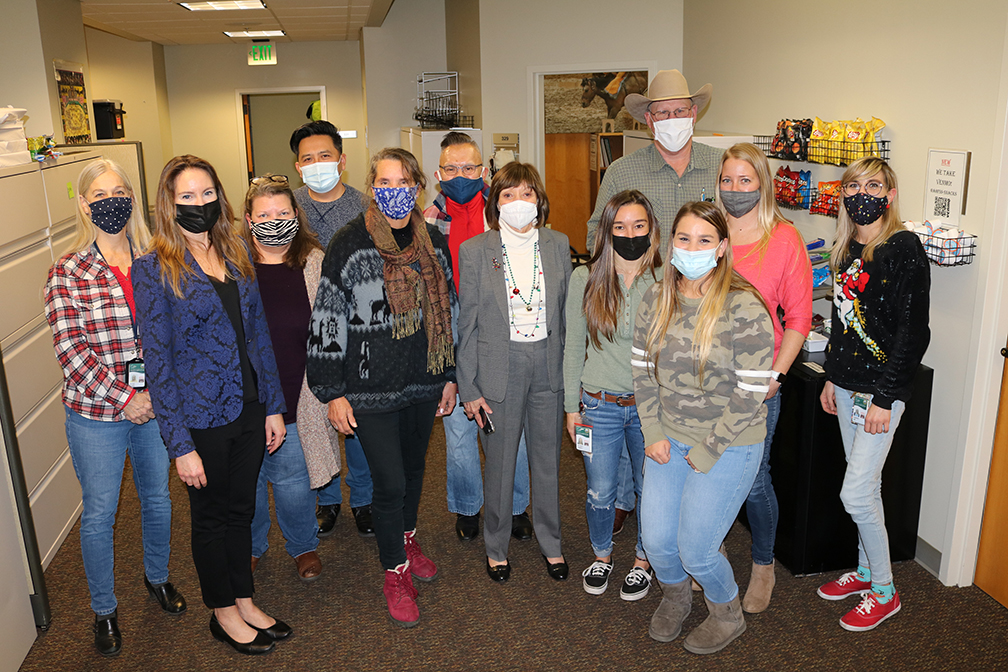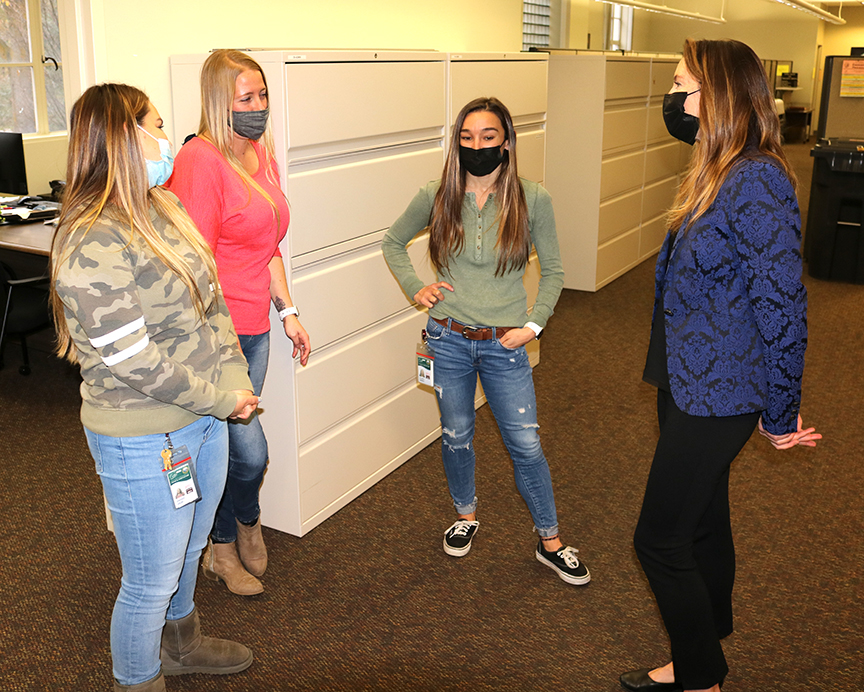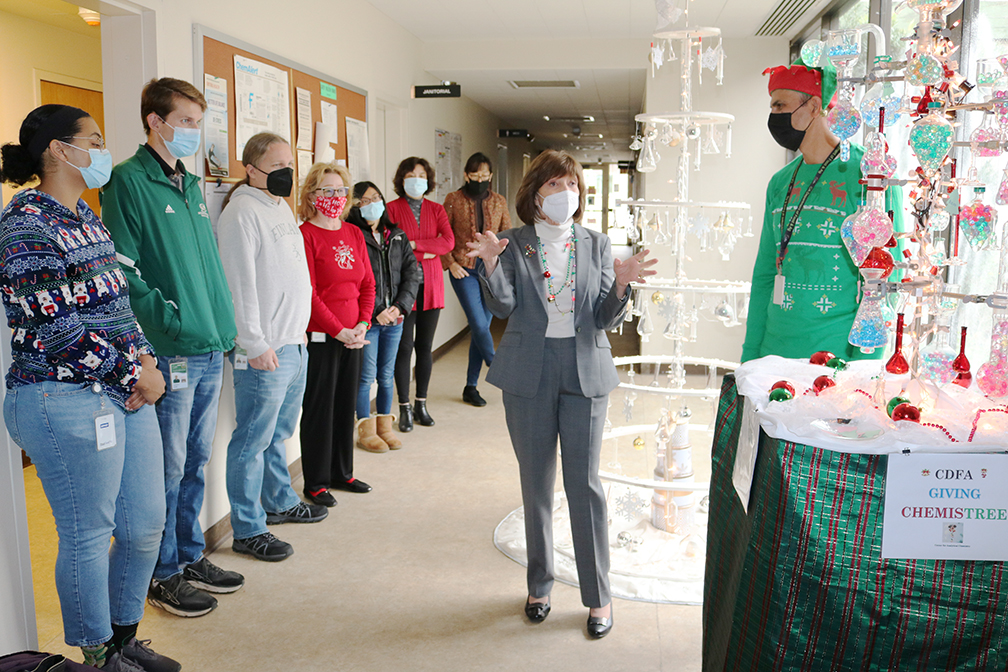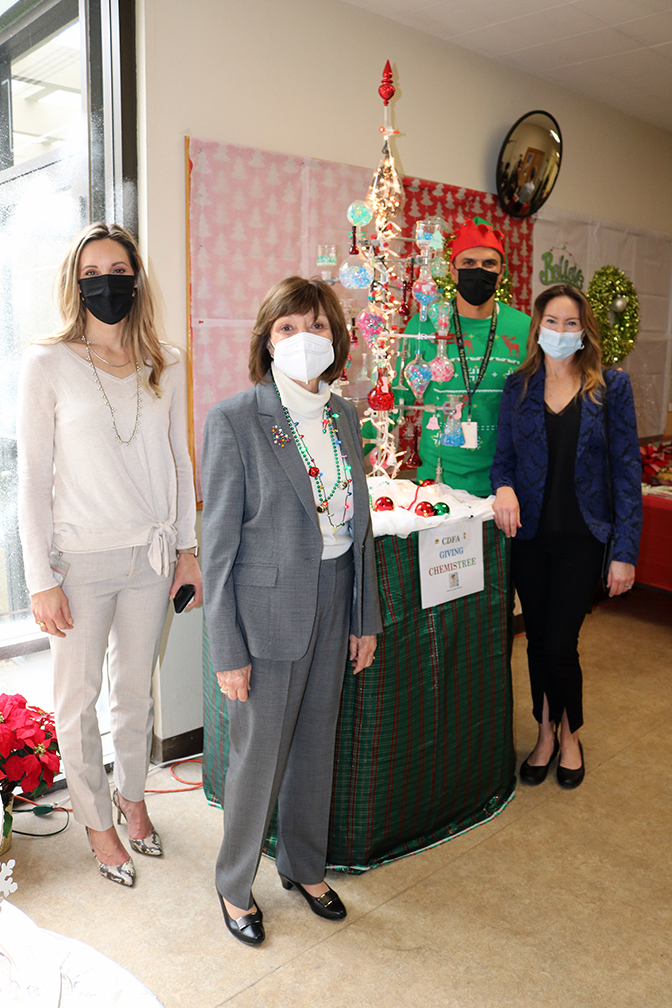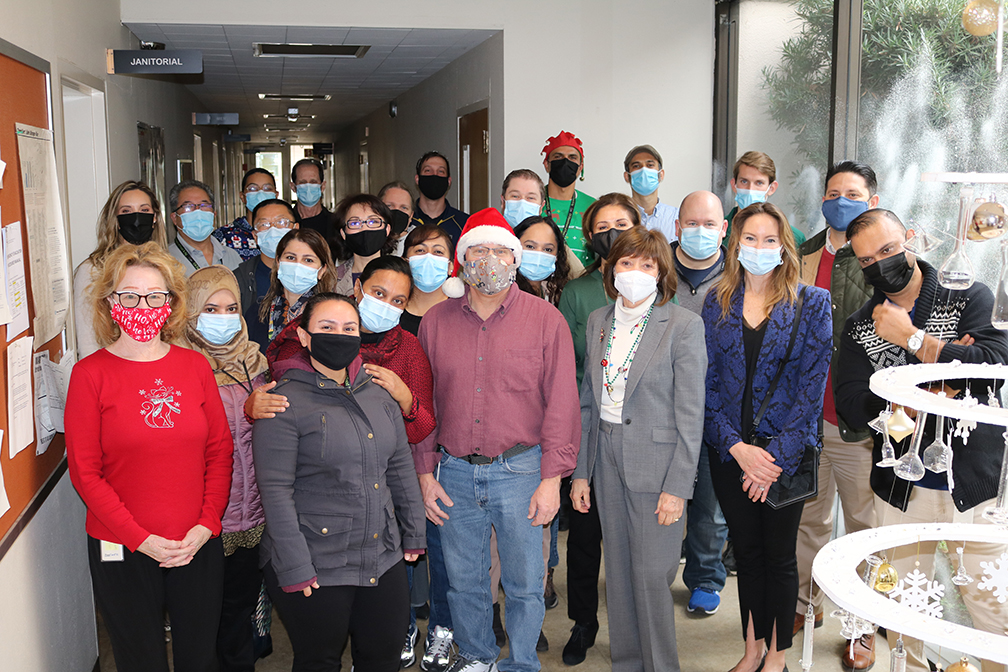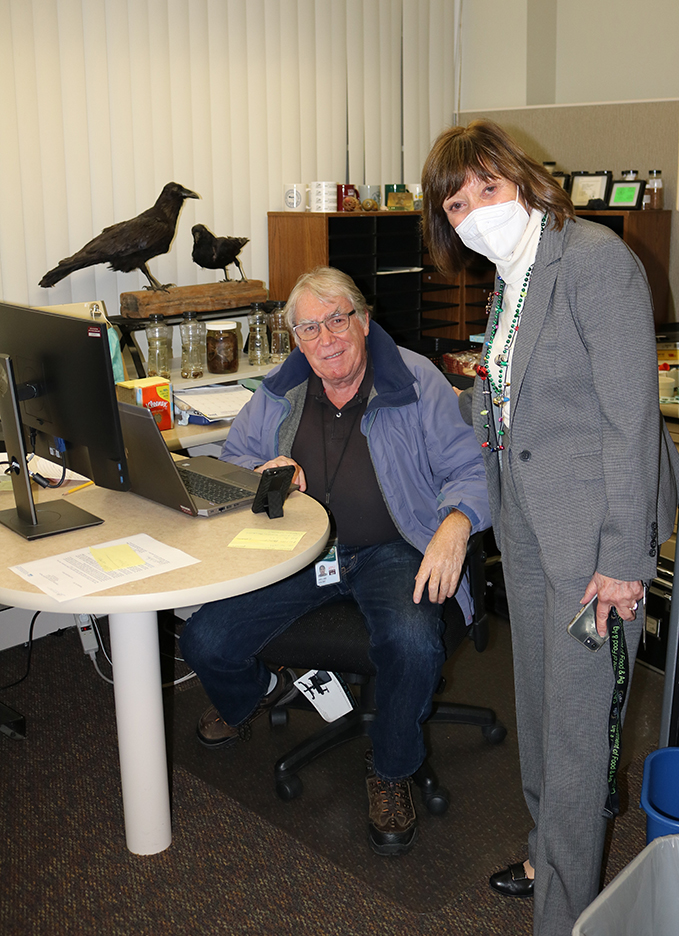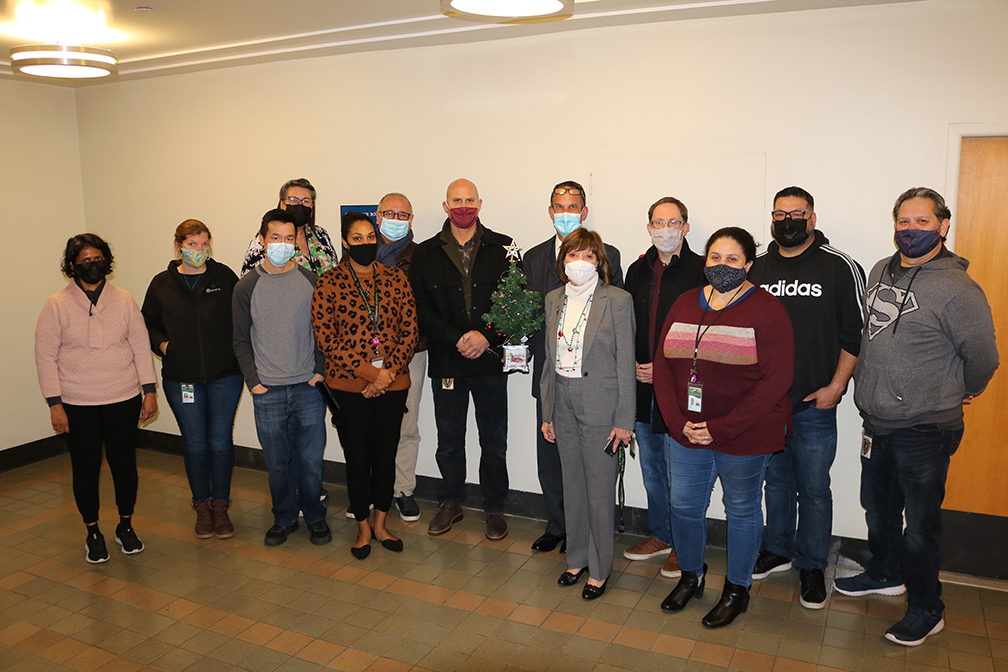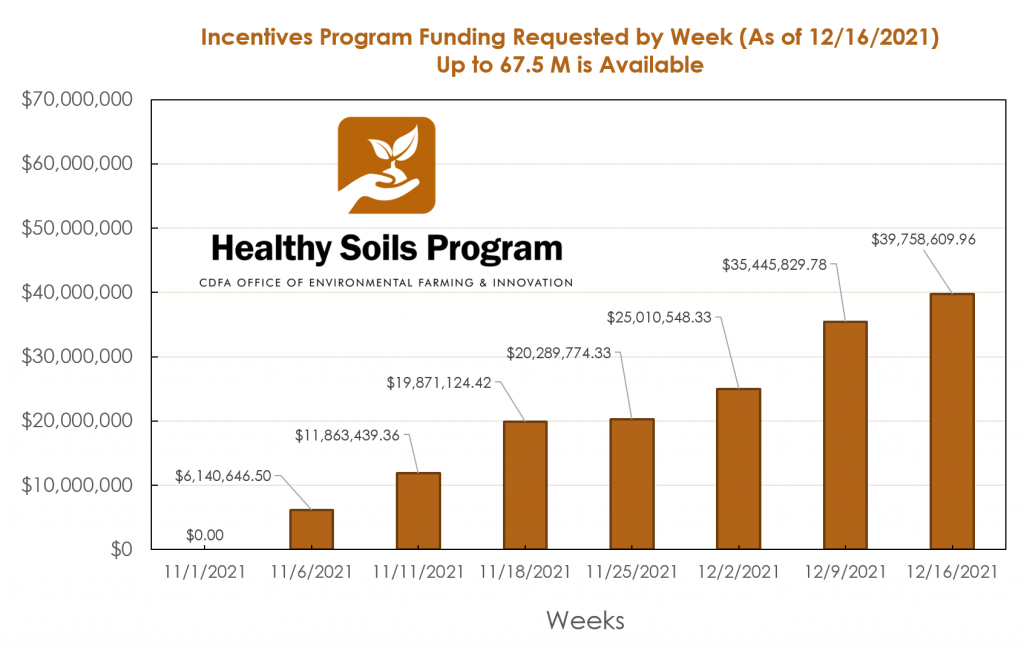By Chris Scheuring, senior counsel for water policy at the California Farm Bureau
Wendell Berry famously said that eating is an agricultural act. That makes all of us into farmers, and nowhere is that more true than in water terms.
For farming is irreducibly the process of mixing dirt, water and sunshine to bring forth from the ground what we need to eat. And no matter who you are, it’s true: somebody, somewhere, must devote a lot of water to the process of feeding you.
Some have been sidestepping this fact in the ongoing policy evolutions over the way we must capture, store and move water in California. Yet even the most ardent urban environmentalist finds herself at the local grocery store or the farmers’ market – filling her basket with California-grown nuts, fruits and vegetables.
Some of these crops can only be grown here, or in one of the few similar agricultural climates around the world, in an irrigation-based agricultural economy.
Take almonds, now and then the whipping-post of California water use: They cannot be grown in a place where it rains in the summer. Iowa, for example, is awfully cold in February – which is precisely when almonds need mild Mediterranean winter weather for their blossoms to be pollinated. Mediterranean crops need a Mediterranean climate, which usually means mild winters and hot, dry summers.
Beyond that, the case for California agriculture is made by our farming practices and their regulatory backdrop, whatever natural reticence California farmers may have about being regulated. We do it more efficiently here, and with more oversight, than in most alternative agricultural venues around the world. I would compare a California avocado favorably to an avocado anywhere else in the world, on those terms.
That’s why I have always thought that a subtle strain of NIMBYism runs through the retrograde ideas that some have about “reforming” agricultural water rights here and constraining the water projects that ultimately deliver food to the world. With nearly 8 billion people on the planet, pinching off California’s agricultural water supplies is a game of whack-a-mole which will cause the same water issues to arise elsewhere.
Without question, we must continue on our trajectory of making California farming more water-efficient. If you have been watching California agriculture for a generation, you already know that much of the landscape has transitioned from old-fashioned flood and sprinkler irrigation to more efficient drip and micro-sprinkler techniques – even in the case of row crops. We must continue this path; new technologies related to irrigation continue to be developed, including better monitoring of applied water and crop water use.
We must also recognize inherent conflicts between agricultural water use and the flora and fauna that are dependent upon our rivers and streams.
Gone are the days in California when a grizzly bear might paw a salmon out of the Suisun Marsh, but we can work together to find non-zero-sum water and habitat solutions that would take advantage of opportunities to protect and rehabilitate species of concern, where it can be done without disproportionate human impact. Again and again through public enactment, California has demonstrated its will to keep the environment in mind as we move forward.
Further, we must also carry forward processes to develop new water supplies for California’s farms and growing cities, whether those are storage facilities above ground or below ground, or stormwater capture and aquifer recharge, or desalination or recycling. In the face of a changing hydrology and the expected loss of snowpack, we simply cannot accommodate serious discussion on the demand side of water questions without working on the supply side. Otherwise, we are chasing a receding goalpost – and we will not get there.
Finally, remember that farming is not a question of “if,” but “where.” We’re going to eat – all of us around the world – and we’re going to farm in order to do so. So we should protect California’s agricultural water supplies, because the case for California water being used on California’s farms is strong.
Link to item on CalMatters web site



